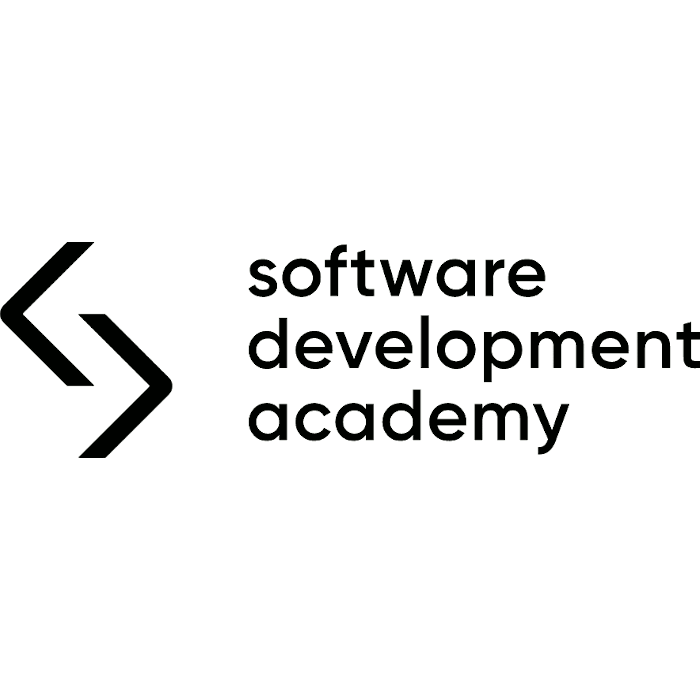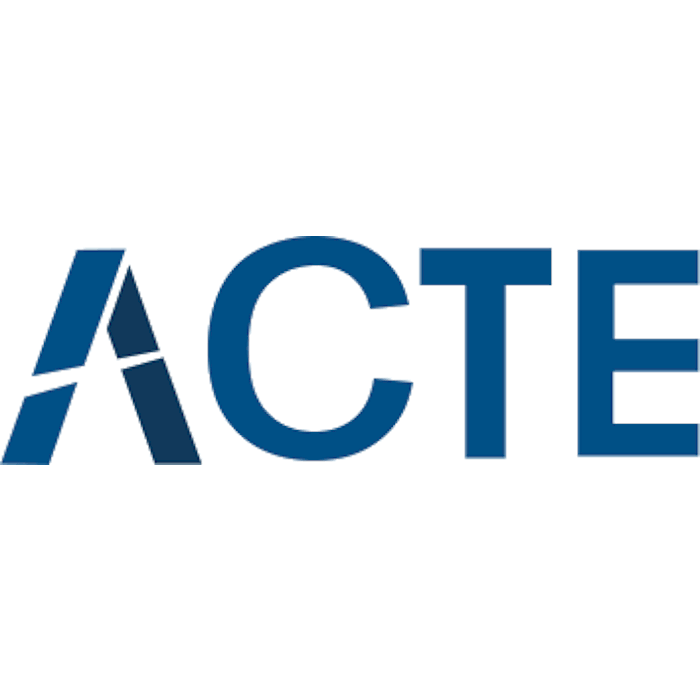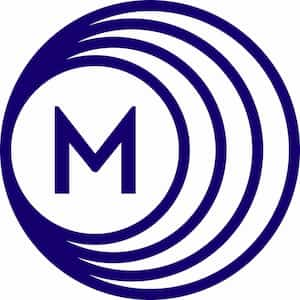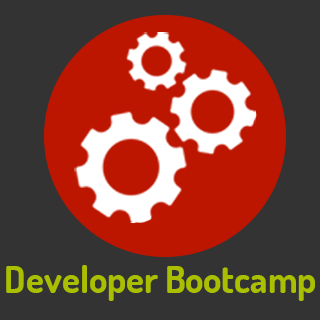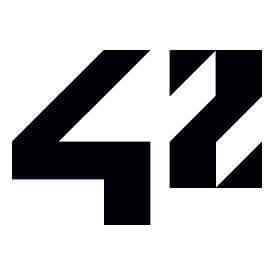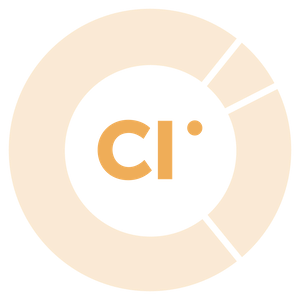How to Learn C - 7 Bootcamps to Get You Started
What you need to know about C
C is a minimalist coding language that was developed by Dennis Ritchie in 19721. Ritchie created C in Bell Telephone Laboratories as a system implementation language for developing the UNIX operating system2. While it is one of the most widely used systems programming languages3, C is also a high-level language for general-purpose use. C's structured, procedural nature makes it not only easy to learn but also robust enough to implement into state-of-the-art software. There are many opportunities to learn C through the comprehensive list of courses, bootcamps, and certificate programs offered below.
What is C used for?
C is useful in developing a host of applications because it produces code that performs almost as fast and efficiently as those written in assembly language.
C is the preferred coding language when developing the following applications:
- Operating systems
- Network drivers
- Language compilers
- Databases
- Embedded systems
- Many other mission-critical utilities
While C is a mid-level language, it is also considered a foundation language. Once you grasp the fundamentals of C programming, it's easier to understand other languages and applications based on its concepts.
Why learn C?
C is an elegant, simple language that is compact, efficient, and fast. One benefit of learning C is that it helps the programmer understand the underlying architecture and fundamentals of computer theories such as pointers, memory management, and allocation. C powers a large portion of the world's technical infrastructure, such as OS kernels, web browsers, and language interpreters, so it's a highly recommended language for those who want to work on state-of-the-art projects or who want to understand how computers work in general.
Because C has a clean style, a simple set of keywords, and low-level access to memory, programmers can write more efficient code. The language also has a powerful library of in-built functions that can be extended by added features and functions.
Who should learn c?
C is an excellent language for those who plan to build an application that is more resource-intensive than a simple web app. Learning C is also imperative for programmers who want to develop applications where it is necessary to have fine-grained control of the computer and its underlying resources.
Knowledge of C is useful when an application must implement lower-level programming elements such as:
- Pointer-driven memory allocation
- Template expansion
- Address alignment
- Multi-thread data races
- Approximate machine implementation of algorithms
C is necessary for developing applications at the cutting-edge of optimized processor and memory utilization such as games, operating systems, embedded systems, IoT devices, compilers, and network drivers.
What jobs can you get with C?
Generally, the jobs that require the knowledge of C programming language fall within the software developer and software engineer category. Although C is essential for computing throughout the world, it is mostly used for low-level software development. As a result, jobs needing C programming experience are at organizations that develop or maintain applications that need micro-optimization and fine-tuning and that afford to compromise on performance. According to Indeed.com, C developers in the United States earn an average annual salary of $106,320.
What are libraries in C?
C's library consists of a set of named functions. These built-in functions are grouped to form libraries that perform a specific operation in C like handling input/output. The C library is commonly referred to as the C standard library, and it is composed of static and dynamic libraries. These functions are provided so development doesn't have to reinvent the wheel each time they perform a basic operating system task.
Header files are where all of the C standard library functions are stored, and these files are denoted by names such as stdio.h, string.h, stdlib.h, and so on. The GNU C Library Reference Manual can be found here.
What are frameworks in C?
A framework is a conceptual structure that supports the development of software applications. Frameworks include a compiler, code libraries, and other necessary tools. The difference between a framework and a library is the flow of control: with the former, the flow of control is dictated by the framework; with the latter, the flow is dictated by the developer.
C frameworks are generally considered libraries because they don't support object-oriented programming. Neither do they need the full-fledged tools and development support that web applications require. OpenGL and TCP/IP are examples of two "frameworks" that are used with the C language.
Learn C at bootcamp
You can learn C through platforms like edX. Attending a bootcamp that teaches C is also a great way to kickstart a career in coding. You can use our comprehensive list to find bootcamps that include C in their curriculum.
Comprehensive list of Python Bootcamps
Software Development Academy is the first programming academy in Poland and the largest in the CEE offering training profiled for the needs of the ICT market. SDA offers Java, .NET, JavaScript, C, C#, Python, PHP, HTML and C++ courses in the evening or extra-mural mode.The proprietary education program turns enthusiasts of new technologies into programmers. A carefully developed model allows people who have not been connected with the industry to study and adapt the courses...
ACTE is an online certification training and placements platform. We offer online training for 350+ courses with certified trainers.
Since 2016, Holberton School offers two-year Full-Stack Software Engineering training in adequation with Silicon Valley’s companies’ needs. With no formal teachers or courses! At Holberton School, education is delivered through a project-based learning curriculum. Instead of passively learning through lecture and repetition, students learn hands-on through increasingly difficult coding projects. Here, students practice peer learning; they learn to cooperatively work and support each other through their learning process. With this project-based and peer learning curriculum,...
We help to build meaningful careers for all. Learn to code with dedicated support from instructors who have 35+ years of collective experience. You'll get full stack development skills and personalized learning to build a meaningful career as a software developer. We're invested in you. We believe in our course, our dedicated career services support, our incredible hiring network, and you. That's why if you do not get a job offer within 9 months of...
Our unique approach combines on-demand streaming with personal facilitation and comprehensive hands-on exercises to assure successful training and competence in the IT workplace. Our support staff provides personal setup assistance, guidance and lab equipment setup for each student. An instructor is assigned to each student to assist in completing lab exercises and to help with any questions about the course content. Our classes are designed to be 50% lecture and 50% hands on exercises. Lab...
Start Your Career with a Top-Rated Bootcamp
42 is an innovative software engineering school that offers multiple computer programming, coding, and software engineering programs for free. Their goal is to provide access to education, change diversity in the workforce, eliminate student loan debt, and create real pathways to the workforce. 42 Silicon Valley offers the main 42 program, 42 Starfleet Academy, and HackHighSchool. 42 Starfleet Academy is all 21 levels of the 42 program squeezed into 12 months where students work 50-70...
CI is an accelerated learning provider offering private post-secondary, non-degree granting, full-time immersive in-person courses that combine intensive classroom-based workshops and seminars, practical work experience-based training and a link to potential employers. For students and recent graduates, CI’s programs provide the skills, experience and links to employers necessary to launch successful careers in today’s competitive and rapidly evolving employment landscape.
Best Bootcamps received an average 4.63 of 5 based on 1076 reviews.
References
- C computer programming language. [online] Britannica. Available at: https://www.britannica.com/technology/C-computer-programming-language [Accessed 2 August 2020]
- The Development of the C Language. [online] Bell Labs. Available at: https://www.bell-labs.com/usr/dmr/www/chist.html [Accessed 3 August 2020]
- Munoz, D. After All These Years, the World is Still Powered by C Programming. [online] Toptal. Available at: https://www.toptal.com/c/after-all-these-years-the-world-is-still-powered-by-c-programming [Accessed 2 August 2020]

